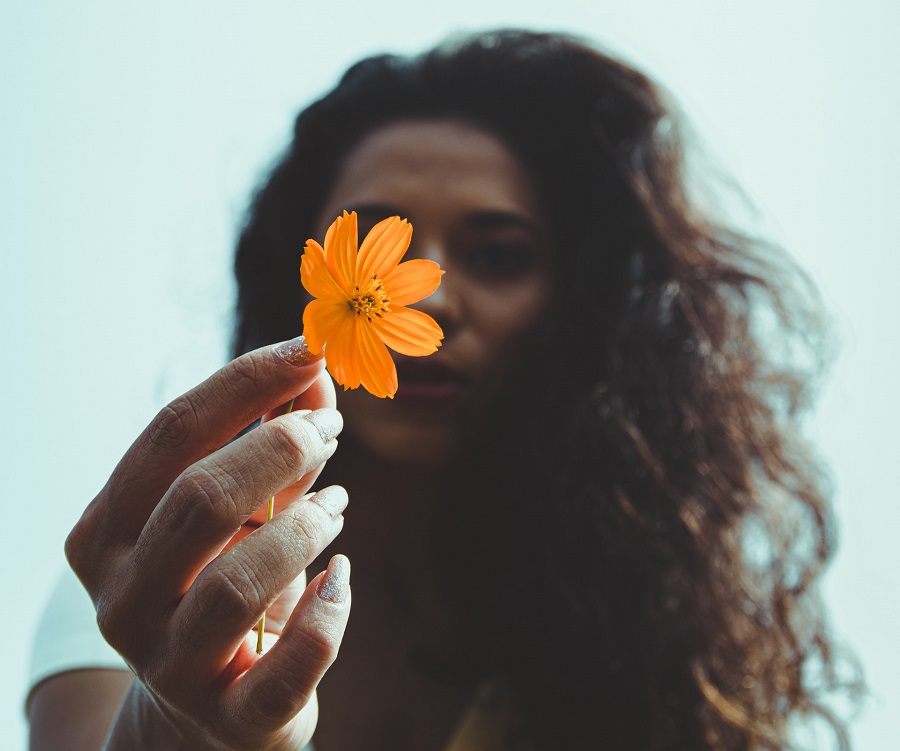
“To watch the sun sink behind a flower clad hill.
To wander on in a huge forest without thought of return. To stand upon the shore and gaze after a boat that disappears behind distant islands. To contemplate the flight of wild geese seen and lost among the clouds.
And, subtle shadows of bamboo on bamboo.” ~ Zeami Motokivo
~
I love that the Japanese concept of yūgen is often defined in these evocative lines of poetry. I love that this word is nearly inexplicable. I love that this might even make us a little uncomfortable, in our mental obsessions with knowing and our downright terror (gasp!) of the unknown. Well, I’ll speak for myself on that…but maybe you can relate.
In a poignant essay, Randal Morris discusses how our English translations of yūgen will undoubtedly fall short, as this concept essentially points to an “intangible” space of mystery.
Morris goes on to say: “Yūgen allows. Yūgen opens gates. It is a bridge between artist and viewer.”
What’s more, yūgen offers us a unique and powerful perspective—the simultaneous appreciation of beauty and heartache, awe and grief.
It sees the value in both.
I love this.
Because these things really aren’t as separate and neatly compartmentalized as we’d like to believe. One emotional state can gracefully flow into another, and even sadness can feel beautiful sometimes.
Art Nomura offers a helpful addition to our exploration: “if you conceptualize yūgen as a suggestiveness, lingering memory, aftertaste, or implication, you can more easily understand.”
In what moments have you felt this, dear reader, your tender human skin dotted with goosebumps, moved by something that you could barely explain?
But you felt it. Oh, you felt it to the absolute depths of your being.
Was it the ripped open canvas of the night sky, painted with stars? A first kiss? A mountaintop? A painting or song that stopped you in your tracks?
I bet it inspired tears. Sweet, humbling, and healing tears.
Perhaps not surprisingly, many articles highlighted how yūgen is inherently connected to Buddhism and a mindful way of living. Slowing down. Noticing. Reflecting. Accepting hollow thuds of loneliness and embracing the essence of life, in all of its shadows and shimmers. And if you’re looking for expressions of yūgen in Japanese art, these often include intentional flaws, lack of symmetry, and empty spaces.
Whatever the concept of yūgen feels like for you, notice that—some tangled messy tresses braided of beauty and sorrow and joy and wet yearning. Some sort of spirited instinct, an urge to explore. The thirst for something we can’t quite name as autumn leaves crunch beneath our feet. The ocean of pain and love we can sense in a song.
As a therapist and writer, I like being able to name something. While reading about yūgen certainly poses more questions than it answers, it also satiated something that’s bothered me for years. It has given me a better understanding of a feeling I’ve had all my life. I’ve thought it was wanderlust or nostalgia…or maybe even creativity. And those words are almost right. But not quite. It’s yūgen.
I feel it when space and time open up and I write, how tears turn into glitter and pain becomes art. I feel it when I walk into the forest, as sunbeams hit my cheeks and I inhale the gentle perfume of morning dew.
I can’t help but think that yūgen also hints at our connection to the divine, to magic, to the universe. To that which lies beyond the surface layers of this life—behind all the bullsh*t and busyness. The wonder we can barely name. The mystery that is always there. It points to freedom.
An imprint of something else we have all tasted, yet it’s so subtle, we could miss it if we’re moving too fast.
Let’s not miss it.
Enough reading. To really feel yūgen, we have to experience it.
~
For more on yūgen:
~
References:
https://nomurakakejiku.com/lesson_lineup/yuugen
http://www.metroshownyc.com/essays/randall-morris/
~


 Share on bsky
Share on bsky




Read 2 comments and reply